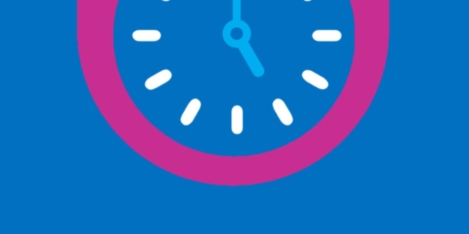To provide the best experiences, we use technologies like cookies to store and/or access device information. Consenting to these technologies will allow us to process data such as browsing behaviour or unique IDs on this site. Not consenting or withdrawing consent, may adversely affect certain features and functions.
The technical storage or access is strictly necessary for the legitimate purpose of enabling the use of a specific service explicitly requested by the subscriber or user, or for the sole purpose of carrying out the transmission of a communication over an electronic communications network.
The technical storage or access is necessary for the legitimate purpose of storing preferences that are not requested by the subscriber or user.
The technical storage or access that is used exclusively for statistical purposes.
The technical storage or access that is used exclusively for anonymous statistical purposes. Without a subpoena, voluntary compliance on the part of your Internet Service Provider, or additional records from a third party, information stored or retrieved for this purpose alone cannot usually be used to identify you.
The technical storage or access is required to create user profiles to send advertising, or to track the user on a website or across several websites for similar marketing purposes.
 The use of technology to support communication and collaborative working in an increasingly digital and flexible world is something many of us recognise. However, a global study released today by Avast Business claims this technology is potentially causing a divide in the workplace, with 40 percent of UK respondents concerned that less tech literate employees will be ‘shut out’ unless they embrace the latest chat, collaboration and digital project management tools. (more…)
The use of technology to support communication and collaborative working in an increasingly digital and flexible world is something many of us recognise. However, a global study released today by Avast Business claims this technology is potentially causing a divide in the workplace, with 40 percent of UK respondents concerned that less tech literate employees will be ‘shut out’ unless they embrace the latest chat, collaboration and digital project management tools. (more…)













 UK employees have the longest working week compared to other workers
UK employees have the longest working week compared to other workers 


















June 26, 2019
Flexible working is the new measure of success
by Ben Chatfield • Comment, Flexible working